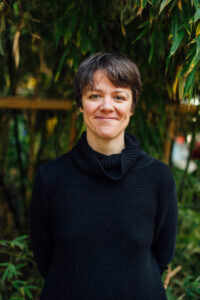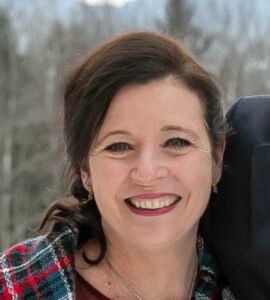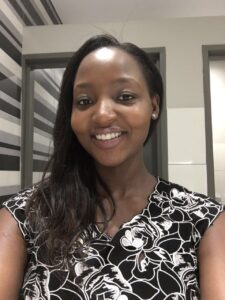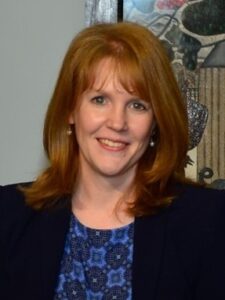Article Summary by Jennifer Watermeyer
There is a growing interest in using drama and theatre to share health information with the public as part of community engagement projects. This process can be challenging for several reasons. In this paper, we describe the process and pitfalls of a project that involved the development and performance of a play about diabetes mellitus. There were three groups of collaborators in this community engagement project: a drama group, a social science research group, and a group of health professionals at a diabetes clinic in South Africa. Several key storytellers told us about their experiences of living with diabetes, which a group of actors turned into a play called Blood Sugars. Creating this play provided insight into working with different groups of collaborators and highlighted the importance of establishing shared goals and joint ownership of the project right from the outset. This was, without doubt, a challenging project and the complexities of finding common ground across three groups of collaborators are not to be underestimated. In this paper, we explore the collaboration and its challenges. We were particularly interested in the layers of complexity that emerged as a result of having multiple collaborators involved in the project as well as the demands of staying true to the stories while also delivering important health messages about diabetes. In the paper, we talk about some of the real challenges we faced and offer some recommendations for teams taking on similar complex projects with groups of collaborators.
Listen to a summary of the project below:
Read the full article on the Medical Humanities journal website.
 Victoria Hume is Executive Director of the Culture, Health & Wellbeing Alliance. She was an arts manager for the NHS for 15 years, before working establishing a module in hospital-based performance for the University of the Witwatersrand (South Africa). She is also a composer, with a Masters in Music and Health Communication, and is a Research Associate in the Medical Humanities at WiSER (Wits Institute for Social & Economic Research), working with the Medical & Health Humanities Africa Network. She writes and releases music, through Lost Map Records, based on Eigg.
Victoria Hume is Executive Director of the Culture, Health & Wellbeing Alliance. She was an arts manager for the NHS for 15 years, before working establishing a module in hospital-based performance for the University of the Witwatersrand (South Africa). She is also a composer, with a Masters in Music and Health Communication, and is a Research Associate in the Medical Humanities at WiSER (Wits Institute for Social & Economic Research), working with the Medical & Health Humanities Africa Network. She writes and releases music, through Lost Map Records, based on Eigg.
 Rhona Nattrass is a researcher with the Health Communication Research Unit (HCRU) at the University of the Witwatersrand. She has worked on several projects including Blood Sugars and a study of emergency medical calls in South Africa. Rhona is also a speech-language pathologist in private practice.
Rhona Nattrass is a researcher with the Health Communication Research Unit (HCRU) at the University of the Witwatersrand. She has worked on several projects including Blood Sugars and a study of emergency medical calls in South Africa. Rhona is also a speech-language pathologist in private practice.

Tshegofatso Seabi is a PhD Fellow in the School of Public Health at the University of the Witwatersrand, Johannesburg and is evaluating a behaviour change intervention to reduce disease risk in rural South African adolescents. She is also a Project Site Manager at the MRC/Wits Rural Public Health and Health Transitions Research Unit (Agincourt) where she is engaged in research on adolescent health; mortality; the use of personal protective equipment; and partner support for pregnant women living with HIV.
 Jennifer Watermeyer is an Associate Professor in the Department of Speech Pathology and Director of the Health Communication Research Unit (HCRU) at the University of the Witwatersrand, South Africa. The HCRU uses interdisciplinary approaches from the social sciences to address cultural and linguistic complexities of health, illness and disability. Jennifer’s research focuses on intercultural health communication, experiences of care, healthcare interpreting practices, and finding ways of supporting communication skills in online and face to face healthcare interactions. Jennifer has published widely both locally and internationally.
Jennifer Watermeyer is an Associate Professor in the Department of Speech Pathology and Director of the Health Communication Research Unit (HCRU) at the University of the Witwatersrand, South Africa. The HCRU uses interdisciplinary approaches from the social sciences to address cultural and linguistic complexities of health, illness and disability. Jennifer’s research focuses on intercultural health communication, experiences of care, healthcare interpreting practices, and finding ways of supporting communication skills in online and face to face healthcare interactions. Jennifer has published widely both locally and internationally.